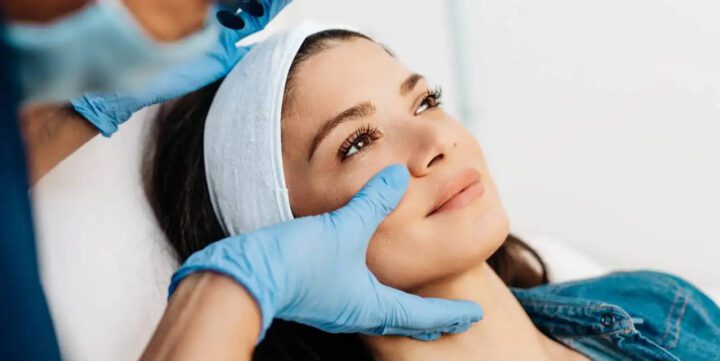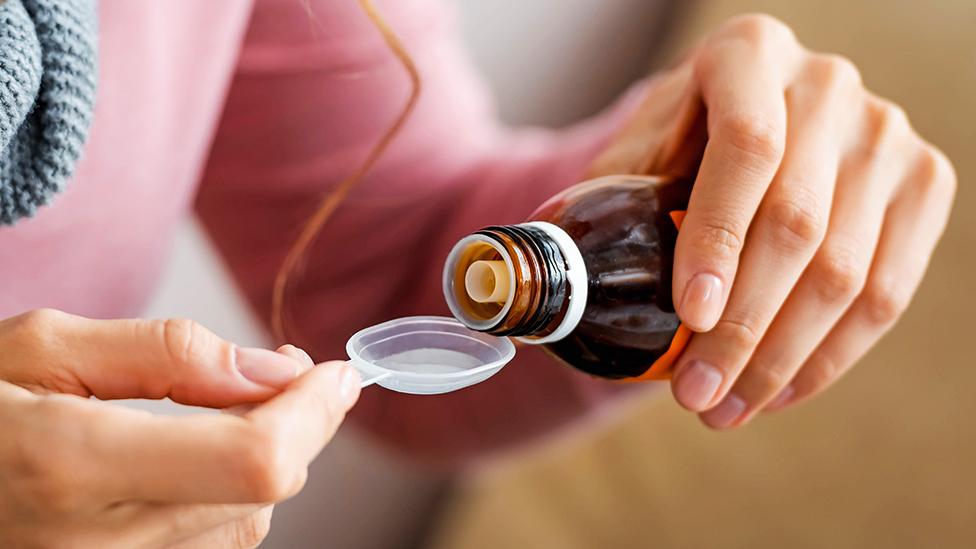Cosmetic Surgery in Australia is Changing
May 13, 2024
Cosmetic Surgery Training Under Fire
The field of cosmetic surgery embodies significant medical complexity and patient safety implications in Australia. Given the complex interplay of medical, psychological, and aesthetic factors, the quality of care in cosmetic surgery affects not only the physical but also the emotional well-being of patients. Stringent and meticulously defined standards are crucial to ensure that all procedures are performed safely, skillfully, and ethically. This need is increasingly recognised by both the Royal Australasian College of Surgeons (RACS) and the Australasian College of Cosmetic Surgery & Medicine (ACCSM) as the sector grows and evolves, making the establishment of robust, applied standards a foundational requirement for advancing patient safety and trust in this rapidly expanding field.
The RACS has been a stalwart in advocating for high surgical training standards across Australia and New Zealand. Their response to claims by the public about a purported “deficit” in cosmetic surgery training within their programs reflects a robust defence of their comprehensive educational framework. Notably, the RACS clarified that the concerns raised in a 2017 AMC accreditation report were addressed promptly, ensuring no compromise to the quality of training in aesthetic surgery. This proactive stance is crucial, considering the sensitive nature of cosmetic procedures, which not only aim to alter physical appearance but also profoundly impact psychological well-being.
The RACS emphasised the intrinsic aesthetic component present in all surgical procedures, not just those labelled as cosmetic. This perspective is vital for understanding that cosmetic surgery is not a superficial field but one deeply interwoven with the core objectives of all surgical practices and medicine — to restore or enhance form and function.
New National Standards Introduced
Following this investigation in 2023, the newly implemented National Safety and Quality Cosmetic Surgery Standards were introduced in Australia in December 2023, designed to bring a detailed and robust framework to ensure heightened safety and quality in cosmetic surgery. Announced by the Minister for Health and Aged Care, these standards address several critical areas to safeguard patients and elevate the practice standards within this billion-dollar industry. The Australian Health Practitioner Regulation Agency (AHPRA) and the Medical Board of Australia are also implementing important changes that are aligned with the standards.
As a part of these standards, all patients must undergo comprehensive health and psychological evaluations to determine their suitability for cosmetic surgery. This ensures that only those who are medically and psychologically fit undergo procedures, minimising the risk of adverse outcomes. Facilities must enhance the way they inform patients about the surgeries they will undergo. This includes a detailed discussion about the potential risks and complications of the procedures, ensuring that patients make well-informed decisions.
The standards specify that only practitioners with appropriate qualifications and training are allowed to perform cosmetic surgeries. This move aims to eliminate the practice by under-qualified practitioners, placing the onus back in the hands of trained professionals, thus improving the overall quality of care and outcomes. Additionally, all facilities, from small clinics to large hospitals, must be accredited and comply with stringent operational guidelines. This includes adherence to sanitation, safety protocols, and emergency preparedness.
Post-surgery care protocols are also standardised to ensure that patients receive consistent and thorough follow-up care. This includes pain management, monitoring for complications, and ensuring that patients have access to medical advice post-surgery. The standards are to be immediately implemented, with a mandate that all cosmetic surgery providers meet these guidelines by 2025. This timeline provides facilities sufficient time to adjust their operations to meet the new requirements.
By instituting these standards, Australia aims to rectify the sector’s previously inconsistent regulatory environment and significantly reduce the risk of harm to patients, ensuring that anyone undergoing cosmetic surgery can expect safe, appropriate, and respectful treatment. These changes not only aim to protect patients but also to restore confidence in the cosmetic surgery sector, distinguishing high-quality, compliant practices from those of lower standards.
Changing Our Approach to Cosmetic Surgery
The introduction of stringent new standards in cosmetic surgery is poised to significantly transform public perceptions and the overarching approach to this field. Historically, cosmetic surgery has occasionally been trivialised or not given the same rigorous consideration as more traditional medical surgeries. However, with these new regulations, there is a clear message: cosmetic surgery involves complex, invasive procedures that warrant careful, thoughtful consideration just like any other medical intervention.
This shift towards higher standards and greater transparency will likely encourage a more conscientious decision-making process among potential patients. People will be prompted to consider not just the aesthetic outcomes but also the medical complexities and potential risks involved. Such a framework helps ensure that patients are better informed and more actively engaged in their healthcare decisions, fostering a deeper understanding of what cosmetic surgery actually entails.
As the field adheres to these enhanced safety and quality standards, the public’s trust in cosmetic surgery is likely to grow. This, in turn, could lead to more people viewing cosmetic interventions as accessible and standardised procedures, although they should be wary of these as equally complex medical procedures. The implementation of these standards marks a pivotal step in recognising and treating all surgeries with the diligence and respect they require—bridging the gap between perception and the medical realities of cosmetic procedures in Australia.
Patients are winners in makeover of Cosmetic Surgery Sector (2023) Patients are winners in makeover of cosmetic surgery sector | Australian Commission on Safety and Quality in Health Care. Available at: https://www.safetyandquality.gov.au/newsroom/latest-news/patients-are-winners-makeover-cosmetic-surgery-sector.
RACS (2023) RACS and accreditation for cosmetic surgery, Royal Australasian College of Surgeons. Available at: https://www.surgeons.org/en/News/News/news-item.












